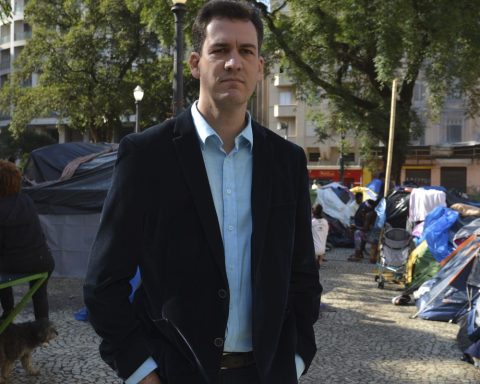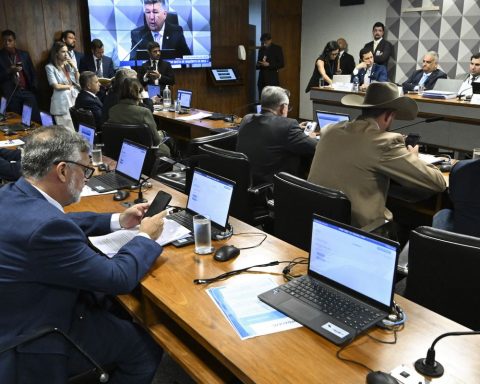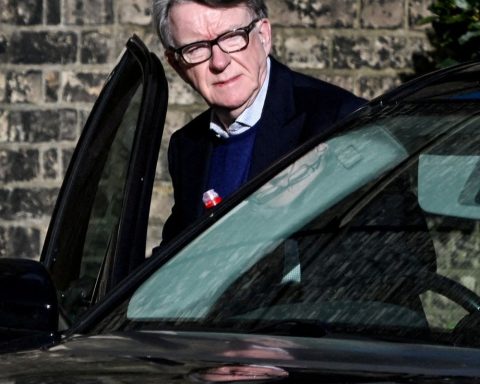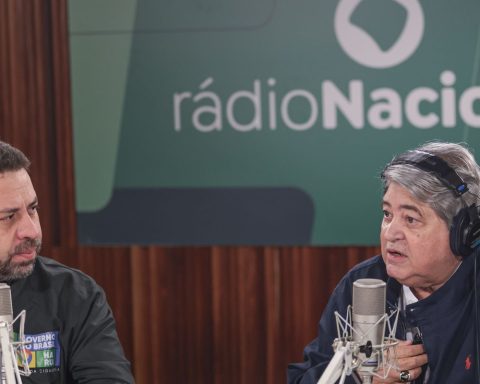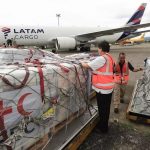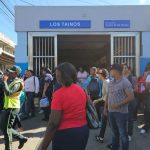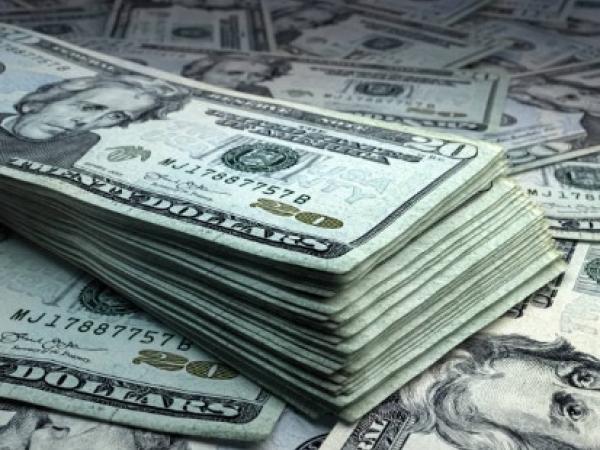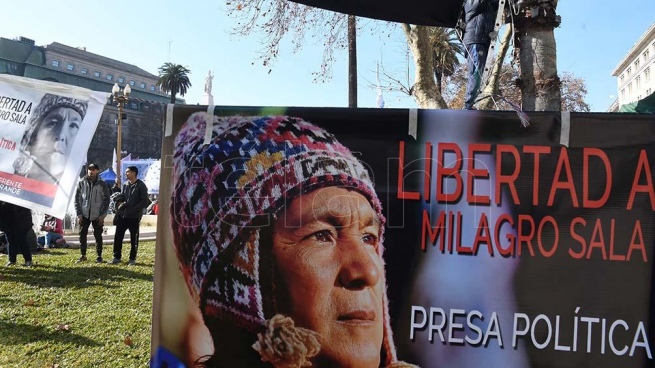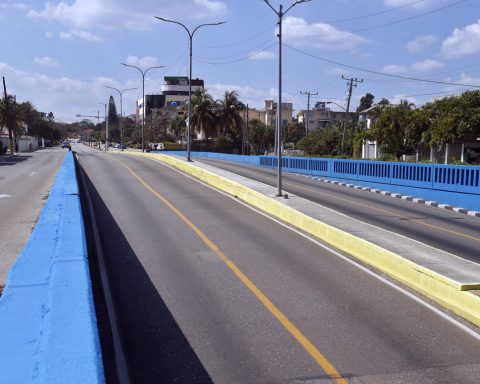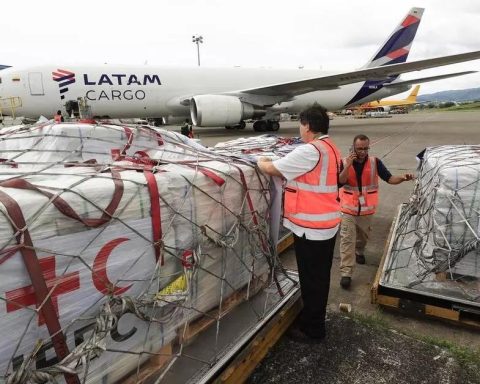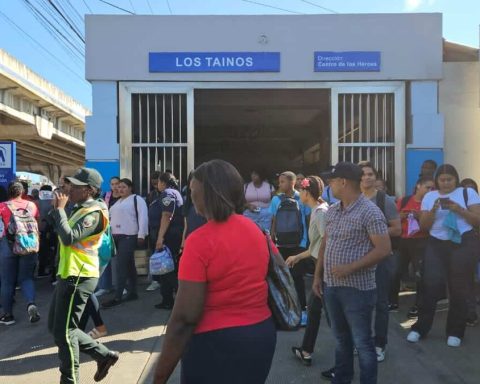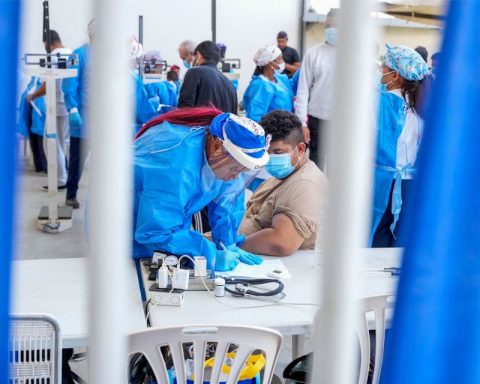The University of São Paulo (USP) estimates a 6.5% reduction in the institution’s budget for 2023 with the losses resulting from the reduction of the Tax on the Circulation of Goods and Services (ICMS) on fuels. The state government announced that the amount of taxation increased from 25% to 18%. 
The calculation of the São Paulo government is that the measure causes a fall of R$ 4.4 billion in collection. USP receives 5.02% of the ICMS collected in the state. For 2022, the university’s budget forecast was BRL 7.57 billion, with BRL 7.18 billion being transferred by the state government. The remainder, R$ 386 million, is the institution’s own revenues.
The cuts should also affect the State University of Campinas (Unicamp) and the State University of São Paulo (Unesp), which are also financed from ICMS. The institutions receive, respectively, 2.19% and 2.34% of the total tax collected in the state.
Federal law
The reduction of ICMS rates meets the Federal Complementary Law 94, of 2022, approved on Wednesday (15). According to the text, the maximum amounts of tax that can be levied on fuel, electricity, communications and public transport were between 17% and 18%. These items are now considered essential for taxation purposes.
According to Governor Rodrigo Garcia, from São Paulo, the reduction in the tax could lead to a reduction of R$ 0.48 in the price of gasoline to consumers. According to him, the average price in the state is currently R$ 6.97 and could be as low as R$ 6.50, if there is a full transfer of the tax waiver to the amounts charged at the pumps.
education and health
When announcing the tax reduction, the governor highlighted that there would be an impact on investments in health and education in the state. “The bill is very simple: we have a budget tied to 30% [do ICMS] for education, 12% for health”, he detailed about how the tax is obligatorily invested in the state.
According to Garcia, the reduction in the rates will cause proportional cuts in the budget of these areas. “When you reduce the ICMS, which we estimate at more than R$ 4 billion in relation to gasoline alone, you take R$ 1.2 billion from education, R$ 600 million from health, and so on”, he highlighted.

